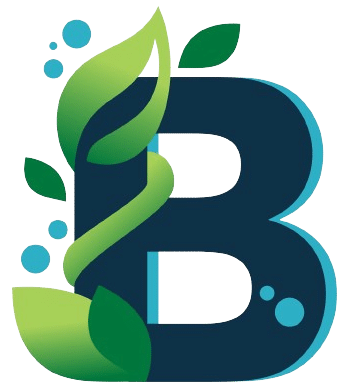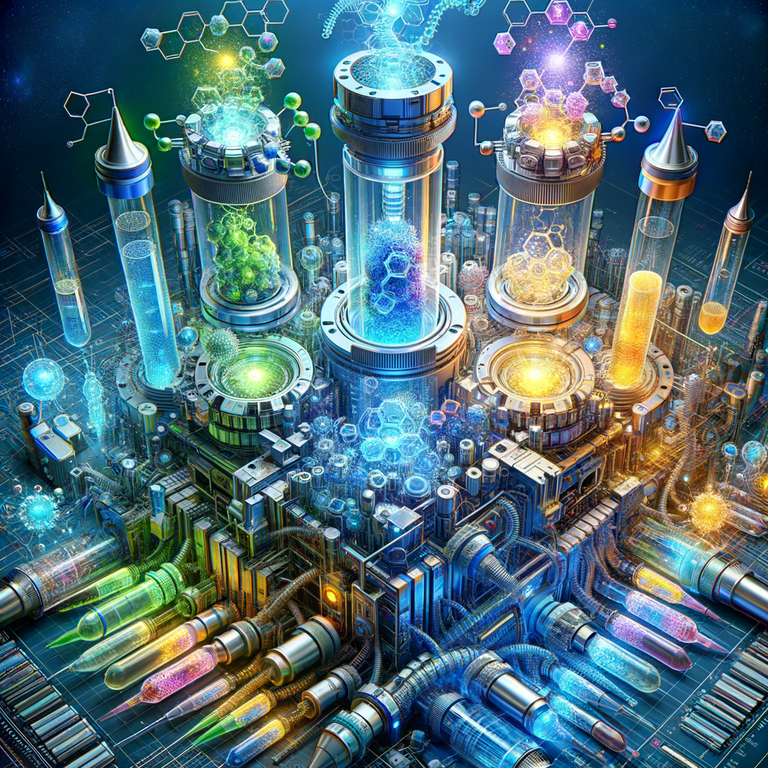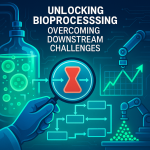🔬 Each resin’s performance is compared regarding its capacity to enhance purity in therapeutic antibody production.
🌟 The study highlights the importance of selecting appropriate resins to improve yield and stability, ultimately benefiting drug development processes.
🚀 This evaluation aids in optimizing purification strategies for better therapeutic outcomes.
Introduction:
The article discusses the importance of effective removal of monoclonal antibody (mAb) aggregates during the biomanufacturing process. It evaluates three key chromatography resins designed to enhance the purification of antibodies by targeting aggregate removal, thereby improving the quality and efficacy of therapeutic mAbs.
- The presence of mAb aggregates can negatively affect the therapeutic efficacy and safety profile of biopharmaceuticals.
- Three chromatography resins are evaluated based on their efficiency in removing aggregates: Resin A, Resin B, and Resin C, each exhibiting distinct mechanisms and results.
- Resin A demonstrated superior aggregate removal capacity, particularly at lower concentrations, while Resin B displayed effective removal under higher load conditions.
- Resin C, although less efficient in aggregate removal, offered additional functional benefits such as compatibility with high cell density processes.
- Optimization of purification processes using these resins is essential for advancing therapeutic mAb production and ensuring regulatory compliance.
Conclusion:
The evaluation of these chromatography resins highlights their crucial roles in the bioprocessing of mAbs. Future research should focus on optimizing these resins further to enhance aggregate removal efficiency while minimizing production costs, ultimately contributing to the production of safer and more effective biotherapeutics.



